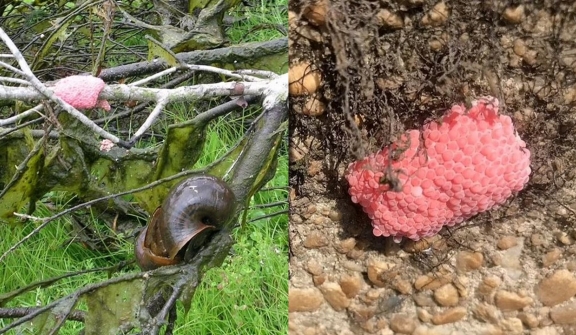
A concerning development has emerged in the United States. An invasive snail, known as the Apple Snail, is spreading, and wildlife officials warn that it can cause meningitis, potentially leading to death.
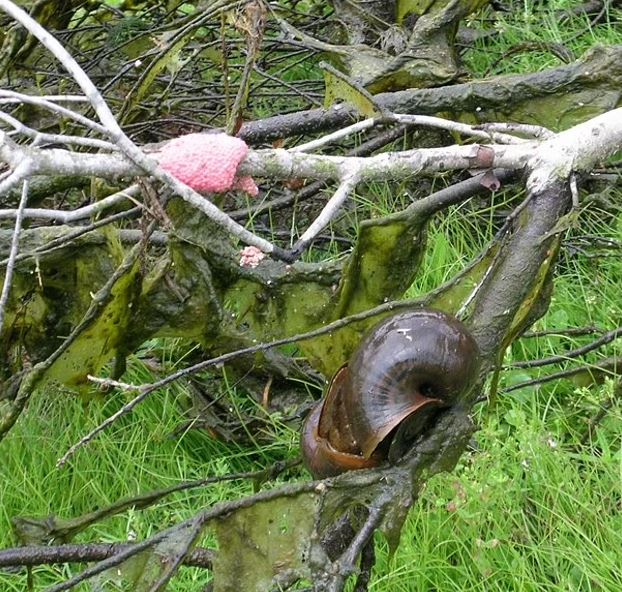
While the Apple Snail has already established itself in Europe, Asia, and some U.S. states such as Hawaii, this week marked the first-ever recorded sighting in North Carolina.
State authorities in North Carolina alerted residents on Monday to the confirmed presence of this invasive snail species along the Lumber River. This situation poses grave risks to both humans and river ecosystems.
The Apple Snail has now been identified in the southern-central region of the state along the Lumber River. It is believed to have originated from South America.
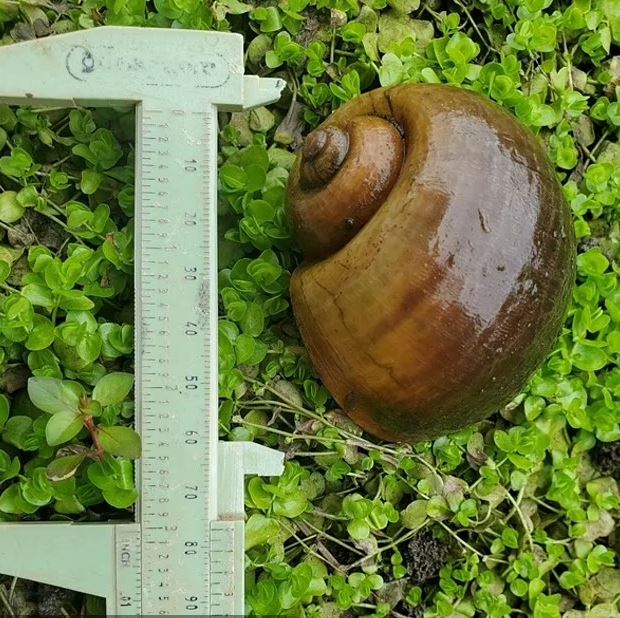
In response to this threat, people are advised to freeze or crush the snails. However, direct handling of the snails or their bright pink egg masses, which contain toxins, can cause skin and eye rashes.
In recent years, this invasive snail has joined the ranks of other slimy invaders, including the toxic Hammerhead worm, that have made their way to the eastern seaboard of the United States.
Apple Snails are known carriers of harmful parasites such as blood flukes (Schistosoma spp.) and intestinal flukes (Echinostoma ilocanum).
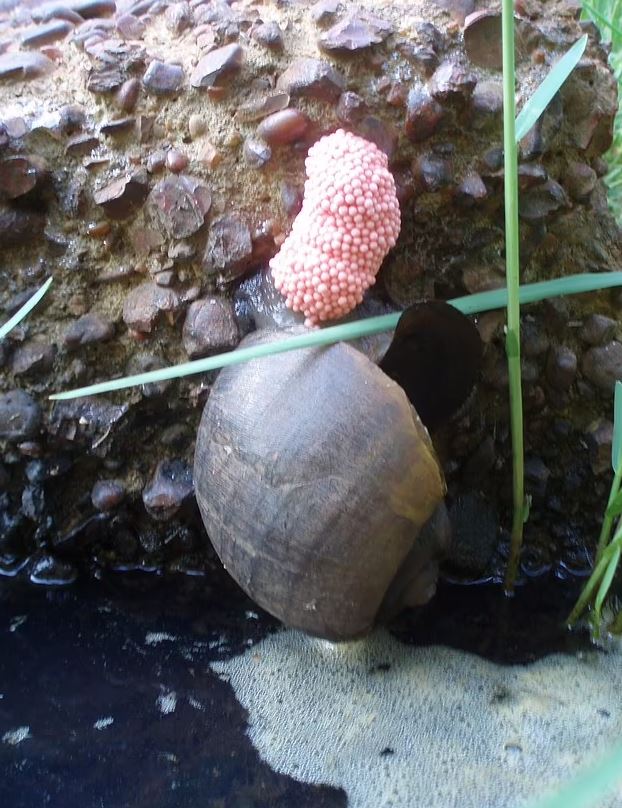
The US Centers for Disease Control and Prevention (CDC) cautions that a blood fluke infection, known as schistosomiasis, 'can persist for years' if not properly treated. If a person comes into contact with these parasites, it can cause abdominal pain, an enlarged liver, blood in the stool or urine, and difficulty urinating.
Additionally, the North Carolina Wildlife Resources Commission (NCWRC) has also warned that the Apple Snail poses risks to local farming and native habitats.
Their feeding habits can cause damage to crops like rice and disrupt the habitats of native aquatic species, including the consumption of amphibian eggs. This further emphasizes the urgency of addressing this invasive species.
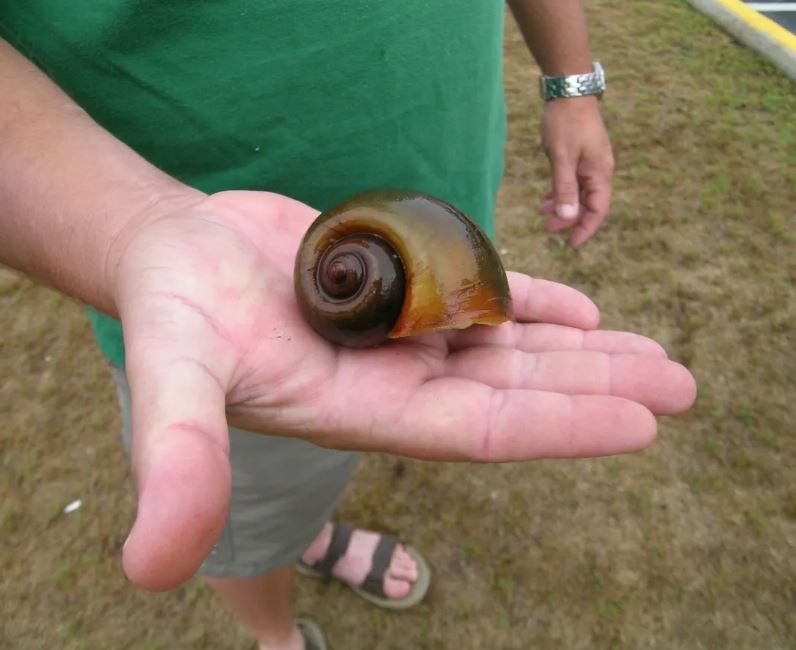
According to the commission's posting on its aquatic nuisance species page, they explained: 'Their grazing habits can cause damage to crops such as rice, as well as to wild native plants used by many aquatic species,'
'They have even been observed feeding on amphibian eggs,' wildlife authorities said.
In Hawaii, wildlife specialists have sounded the alarm about the potentially devastating impact of the Apple Snail on local agriculture if its proliferation goes unaddressed.
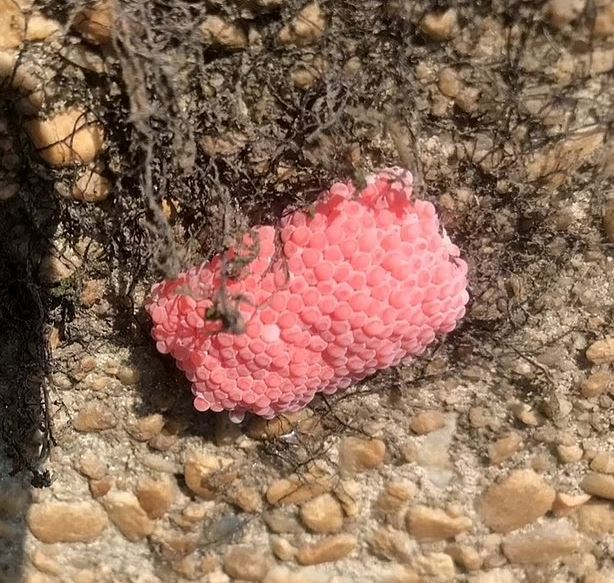
Although these creatures have the capacity to reach the size of an apple, they generally measure closer to the dimensions of a golf ball.
Officials have advised that if residents encounter what they suspect to be an Apple Snail or come across a cluster of conspicuously pink eggs, the initial step is to capture photographic evidence and document the location.




